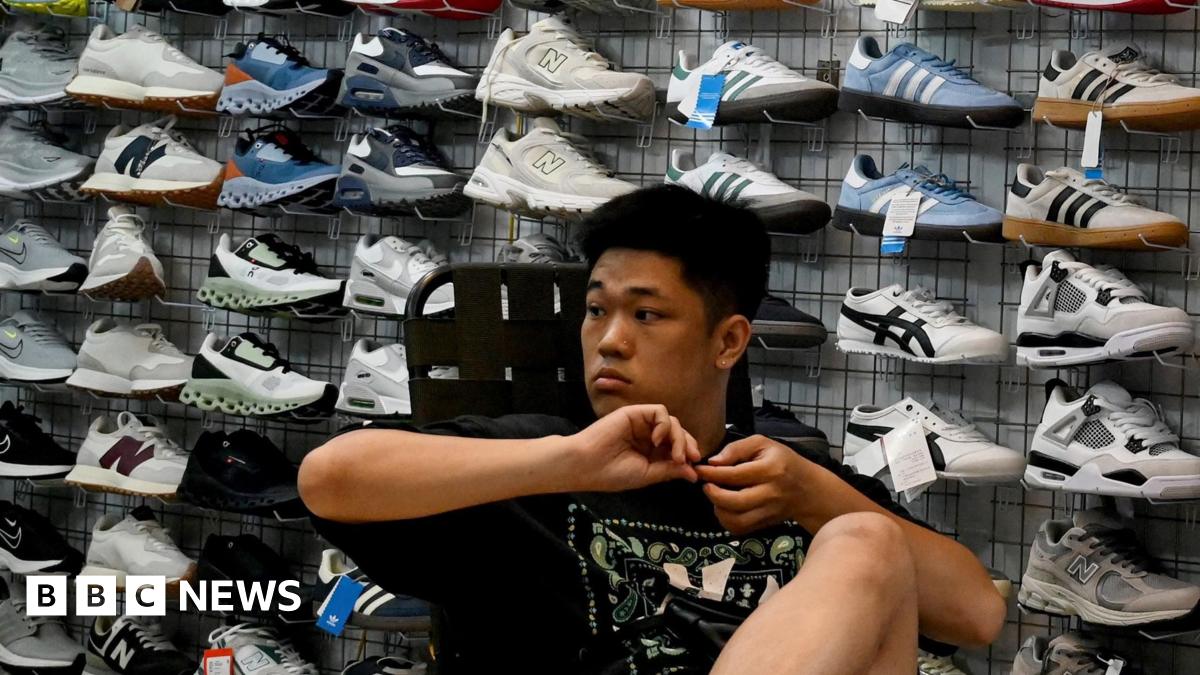Tan Yew Kong, who works at one of the world’s largest chipmakers, says his company is like a tailor’s shop – it customises chips to meet client’s needs.
“We provide the fabric, we provide the cufflinks and everything. You tell us what you like, what design you like and we make it for you,” says Mr Tan, who runs GlobalFoundries’ operations in Singapore.
Nowadays, the firm is also customising its future to accommodate US President Donald Trump’s unpredictable tariff policy.
Businesses and countries have been offering to appease Washington ahead of 9 July, when the 90-day pause on Trump’s steep “Liberation Day” tariffs ends. And yet again, it’s unclear what happens next.
The president said on Friday that the US government is to start sending out letters with details of higher tariff rates that will take effect on 1 August.
He said as many as 12 letters will be sent out over the coming days and the levies will range from “60% or 70% tariffs to 10 to 20% tariffs” but did not name the countries due to receive them.
So far, semiconductors are exempt from tariffs but Trump has threatened levies on them several times, and that uncertainty is making it near impossible for businesses to plan for the future.
Also last week Bloomberg reported the White House is planning to further tighten controls over artificial intelligence (AI) chips by restricting shipments to Malaysia and Thailand to crack down on suspected smuggling of the technology to China.
The US Commerce Department did not immediately respond to a BBC request for comment.
You cannot “flip the switch every other alternate week or day. That makes it very difficult for businesses to plan long term”, Mr Tan says.
US-headquartered GlobalFoundries is contracted by some of the world’s biggest semiconductor designers and manufacturers – AMD, Broadcom, Qualcomm – to make their chips.
Its factories are spread across the world, with many in Asia, from India to South Korea. It recently announced plans to increase its investments to $16bn (£11.7bn) as demand for artificial intelligence (AI) hardware skyrockets.
To protect that sprawling footprint, the company has also pledged to work with the Trump administration to move parts of its chip manufacturing and supply chain to US soil.
Chip manufacturers, textile producers and car industry suppliers – whose tightly-knit supply chains run through Asia – are rushing to fulfil orders, cut costs and find new customers as they navigate a market in turmoil.
“Businesses need to rethink buffers, increasing their inventory and lead times to account for volatility,” said Aparna Bharadwaj of Boston Consulting Group. She adds this could create new opportunities, but also impact their competitiveness and market share in certain countries. In other words, it’s hard to say.
“Uncertainty is the new normal.”
